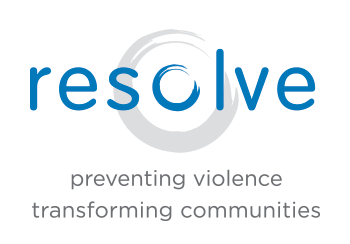April is Child Abuse Prevention Month, and we want to push the dialogue about preventing sexual abuse of children a bit further.
Many of us remember prevention strategies that center around “good touch/bad touch,” or lessons about how no one should ever touch us in the area covered by a swimsuit without our permission.
This line of thinking, though well intentioned, should be filed away in the same place we put “Stranger Danger.”
We know that an overwhelming amount of child abuse happens by people children know, and oftentimes love, and that it isn’t sudden. There is a grooming process where emotional and physical boundaries are crossed, preparing the child for other boundary violations.
So why do we, as a community, persist in primarily focusing our efforts on the least likely scenarios of stranger assault and sudden or overwhelming force?
It’s easier. It’s easier in so many ways. It’s emotionally easier to consider the threat coming from the evil and malicious “other” than it is to consider that someone we care for may hurt our child. It’s also easier logistically! Teaching a child to avoid strangers and to not allow others to touch them in certain areas is certainly easier to teach than the complexities of trust and boundaries.
To be effective in preventing child abuse, we need a unified team of supporters in our children’s lives. We need to share the same messages with our children. Some good ones to start with are:
* Children are allowed to show affection at their own pace. Just because they LOVE their Aunt Julia doesn’t mean they are ready to hug or kiss her, or that they always want to do so. Help others in their lives understand that by letting your child choose how they show affection helps protect them against sexual abuse!
* We don’t keep secrets in our family. Helping children distinguish between a secret and a surprise can help them understand that they should always tell if something happens that worries them, regardless of what others may say.
* “No” means “no.” Demonstrating that you respect their body sovereignty at a young age can be powerful. Examples can range from a child squealing “No!” when being tickled and stopping to check and see if s/he really wants you to stop, to discussing when you need to help them with their hygiene, nutritional health, or crossing the street.
For more ideas on how to keep your children safe without scaring them (or you!), please join us at a free Protecting Young Children seminar (this Sunday in ABQ!) or arrange to have us speak with your group or school!
